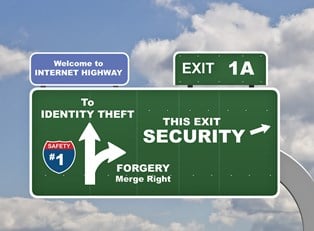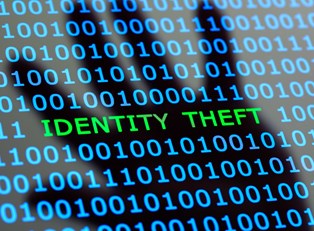Identity theft is one of the fastest growing crimes in the United States. Should you find yourself a victim, knowing the right steps to follow can help you minimize the damage done to your credit.
Contact Government Agencies
The first call you should make after your identity is stolen is to the Federal Trade Commission. This agency has the authority to process and investigate complaints of identity theft under the Identity Theft and Assumption Deterrence Act. FTC officials may be reached by phone at 877-IDTHEFT. You may also visit the agency's website at www.ftc.gov to submit a complaint online.
After contacting the FTC, you may also need to contact other government agencies based on your specific situation. For example, you may need to contact:
- The Internal Revenue Service (IRS) if you suspect tax fraud
- The Social Security Administration (SSA) if the identity theft is related to the misuse of your Social Security Number or involves the theft of benefits
- The U.S. Postal Service (USPS) whenever the theft occurs via mail
- The Department of Veterans Affairs (VA) if you are a veteran and the identity theft involves your benefits
Immediately after contacting these government agencies, the appropriate law enforcement agency should be notified. This is the agency with jurisdiction over the area in which the identity theft occurred. In most cases, this will be a local law enforcement agency, such as a city or county police department.
Notify Credit Bureaus
Contact the three major credit bureaus to notify them of potentially fraudulent actions. These bureaus include Equifax, Experian, and Trans Union. It can also be a good idea to obtain a copy of your credit report in order to check for discrepancies. Should you find discrepancies, dispute them as soon as possible by following the instructions given on that particular credit report.
Get in Touch with Creditors
Get in touch with all creditors with whom you have an account to notify them of identity theft. This should be done via telephone as soon as you become aware of it. If possible, follow up with a written letter to your creditors, and keep a copy of this correspondence for yourself as documentation.
Inform Financial Institutions
Contact all financial institutions you have accounts with to let them know you have been a victim of identity theft. If stolen checks are involved, cancel the appropriate block of them in addition to cancelling any accounts that may have been compromised. Change the pin for your debit card or cancel it altogether and request a new one.
The U.S. Department of Justice recommends having a checklist of numbers handy so that you can quickly execute your identity-recovery plan in the event that a thief targets you. That way, you can take action immediately, without the need to research the process.



